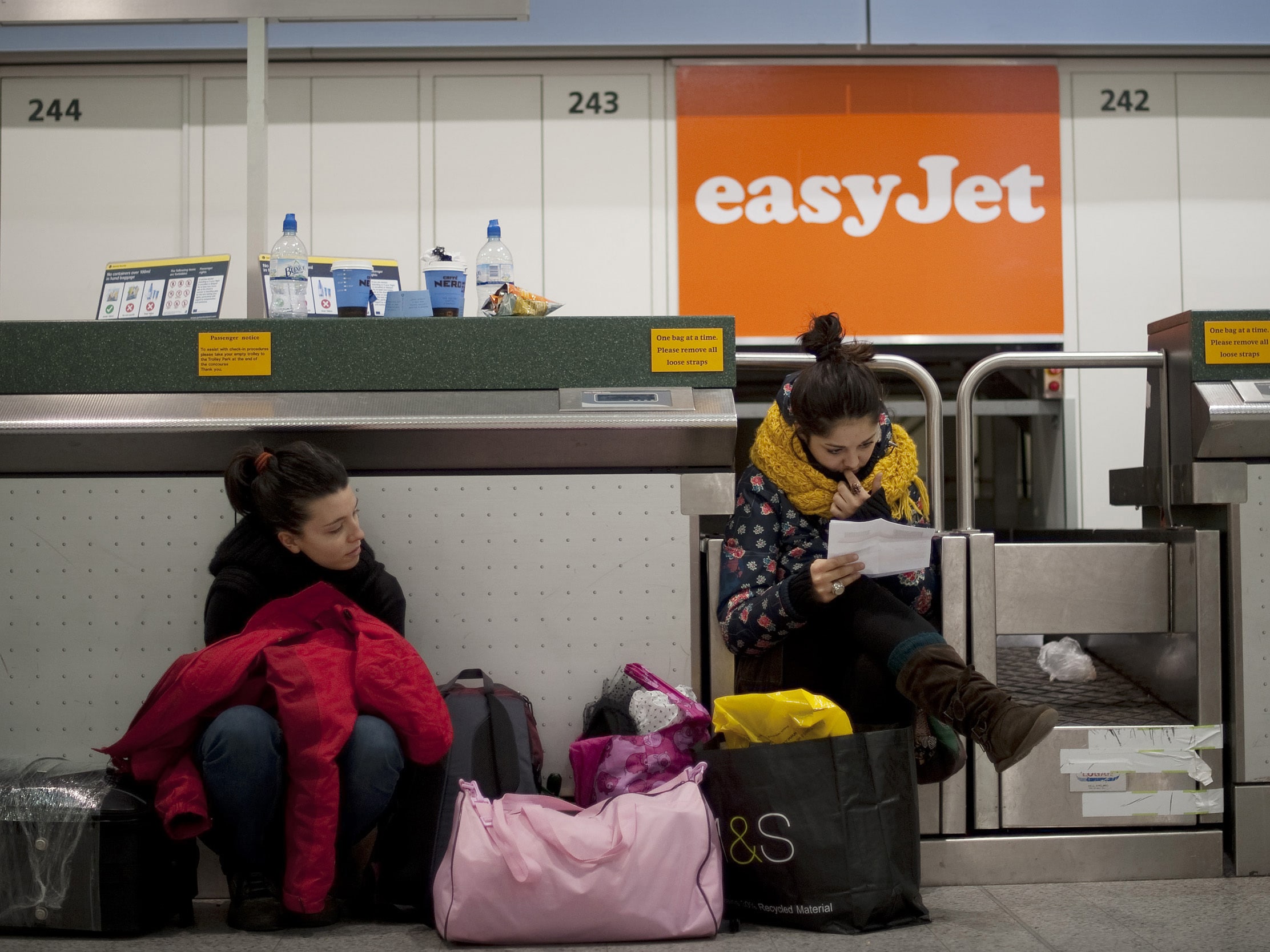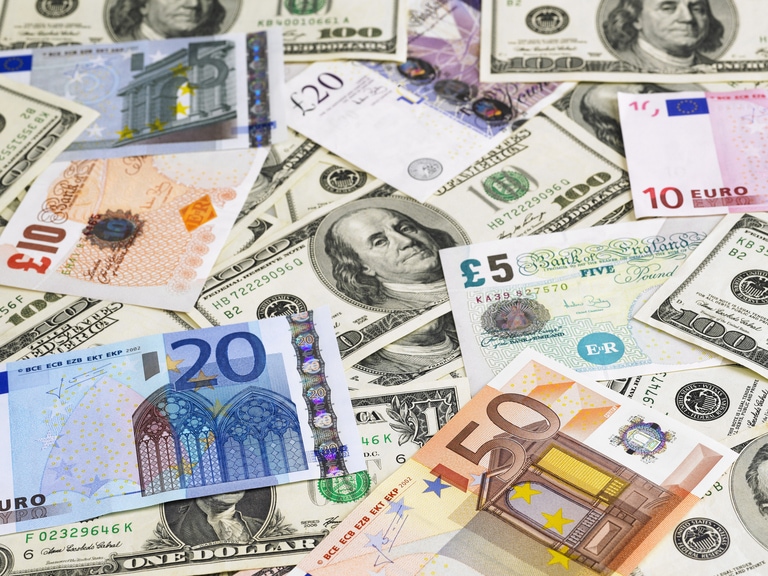With the easyJet share price already at 10-year lows, the budget airliner has had a pretty poor year. Not only has the airline had to contend with bid speculation from the likes of Wizz Air, but it’s also had to deal with surging energy prices, as well as large-scale travel disruption throughout the summer, which cost it £133m, as airports struggled to cope with surging passenger numbers.
After posting a headline loss before tax of £114m in Q3, easyJet today announced that its full-year group headline loss before tax would be between £170m and £190m, which includes incremental disruption costs of £75m, mainly from the operational issues experienced in Q3, and FX costs of £64m.
In Q4, easyJet said it operated at 88% of its 2019 capacity, which was below expectations of 90%, while revenue is expected to increase to £2.5bn, with full-year revenue expected to rise to £5.77bn.
Fuel costs for H1 are 69% hedged, up from 60% hedged at the end of Q3 with the airline saying it expects to fly around 20m seats in Q1 of 2023, a 30% increase year-on-year, and back to pre-pandemic levels. This seems optimistic given that they can barely cope with their current capacity at some airports.
Anecdotal reports of waits of up to two hours to be presented with your bags at Gatwick Airport has been a common experience. Until it can sort out logistical problems of this kind, easyJet could well struggle to meet its capacity targets, as people simply won’t travel with them.
EasyJet went on to say that it wouldn’t be recommending the payment of a dividend.






